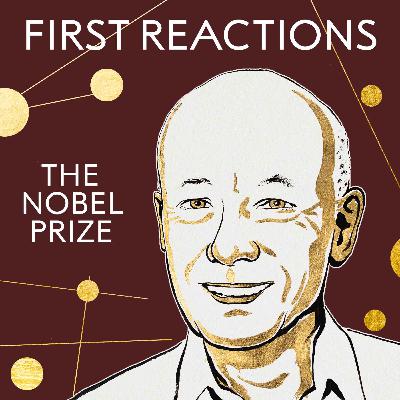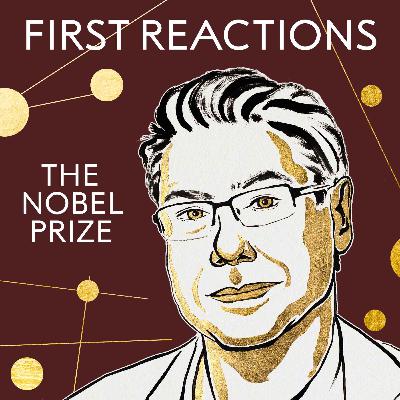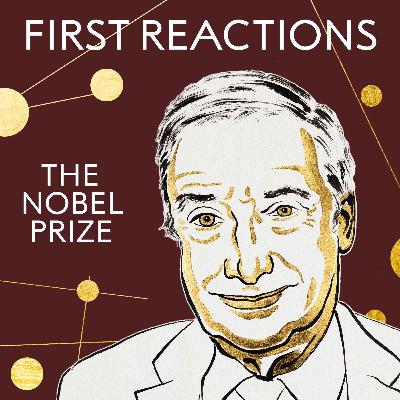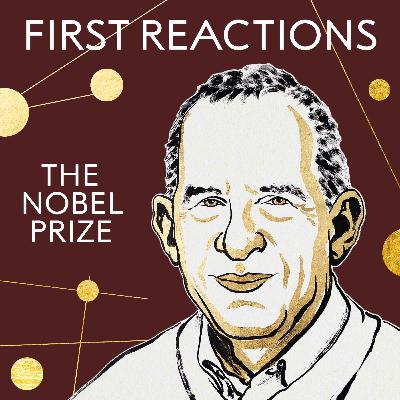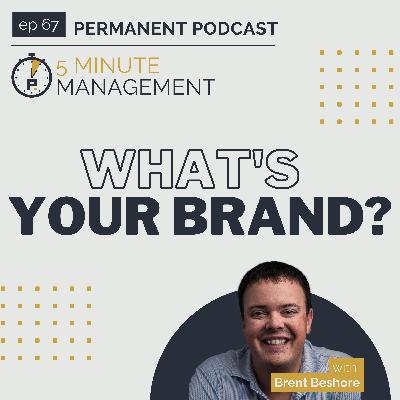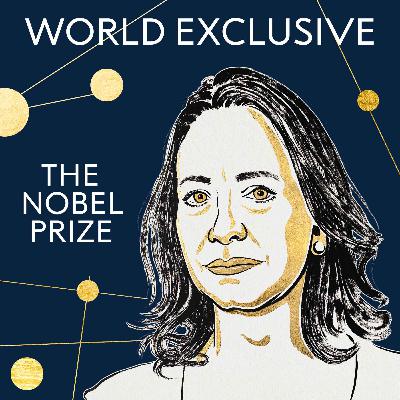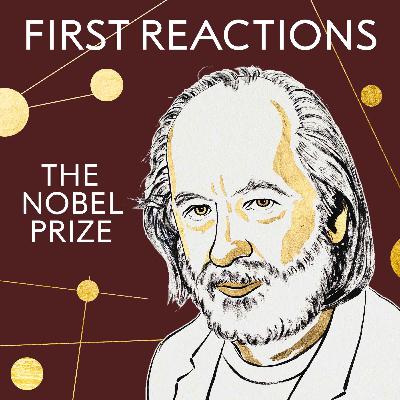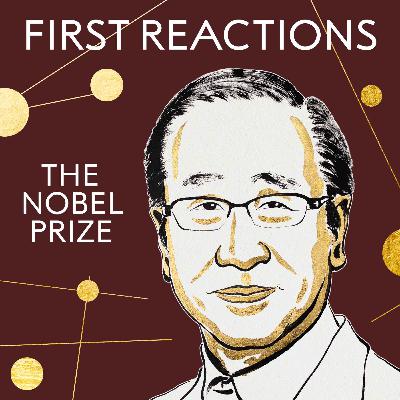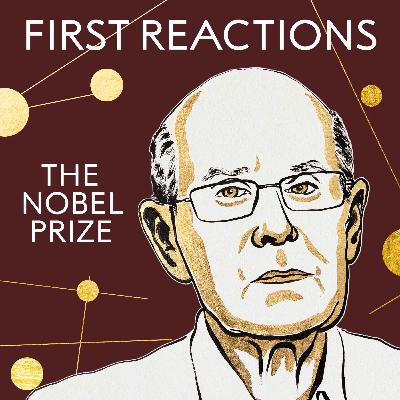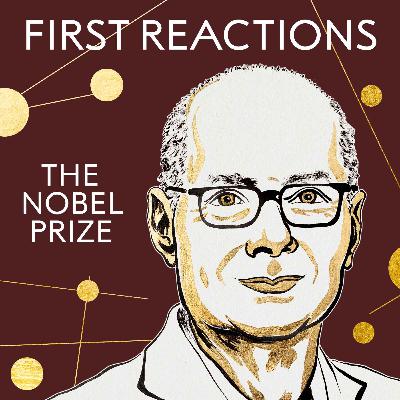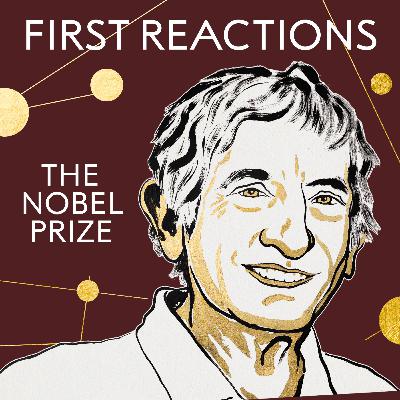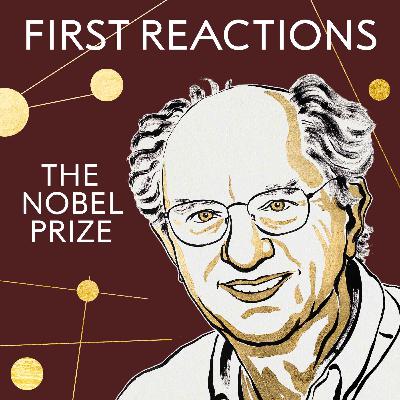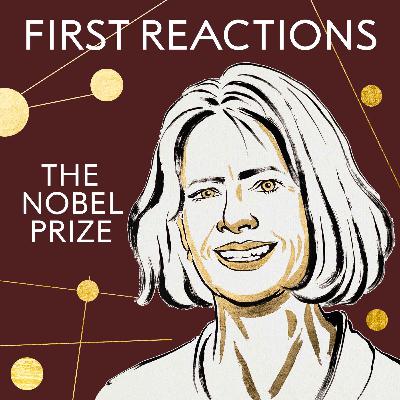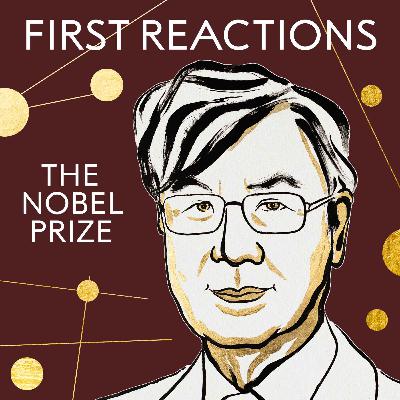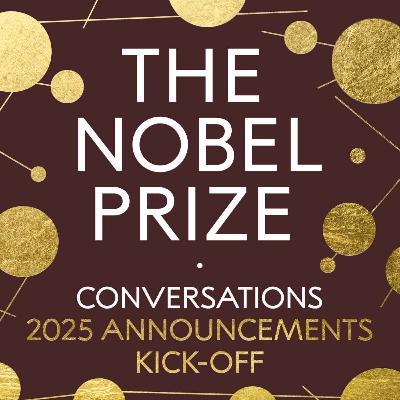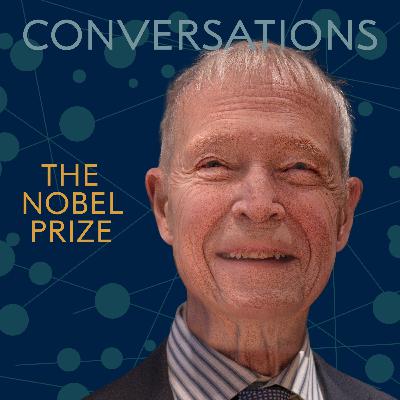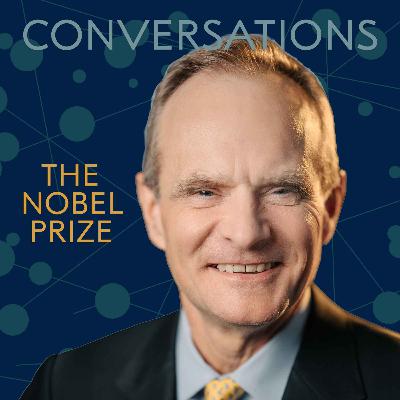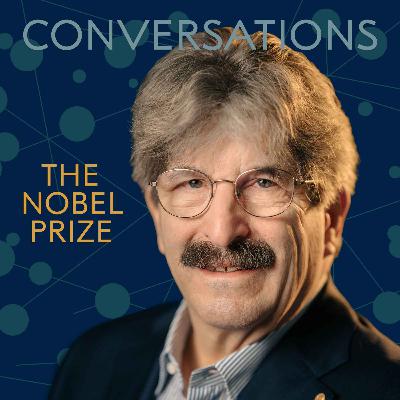
Nobel Prize Conversations
Author: Nobel Prize Outreach
Subscribed: 939Played: 7,290Description
Through their lives and work, failures and successes – get to know the individuals who have been awarded the Nobel Prize. The host for this podcast is Adam Smith, who has the happy task of interviewing our Nobel Prize laureates.
Sit in on our conversations as we delve into how these personalities found their fields of interest — often by coincidence — how they view collaboration, curiosity and failure, and what keeps them going. The laureates share what they have learned from their career and what they like to do outside of their work – from music to fly-fishing. We let the discussions flow freely, resulting in richly varied stories on topics ranging from poverty prevention to the science of black holes and the importance of being a role model.
Don't miss the First Reactions from our 2025 Nobel Prize laureates coming up in October.
Hosted on Acast. See acast.com/privacy for more information.


